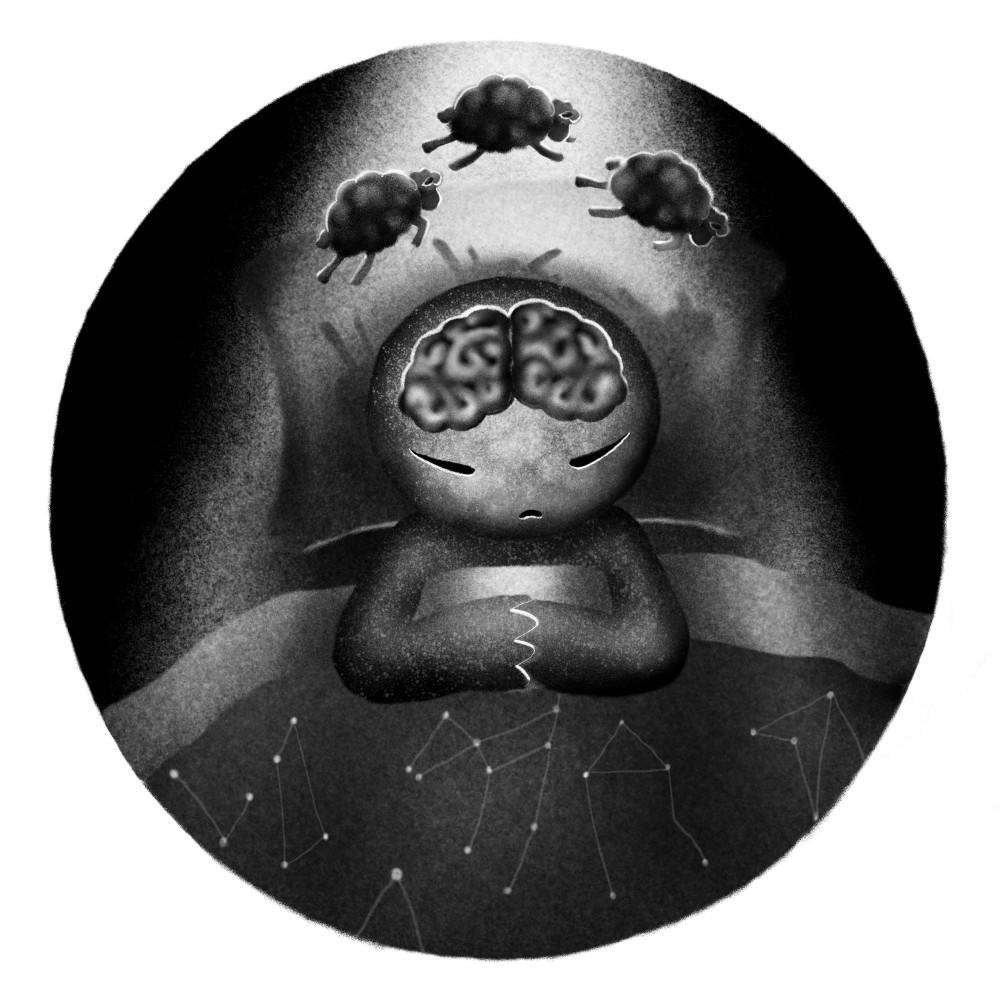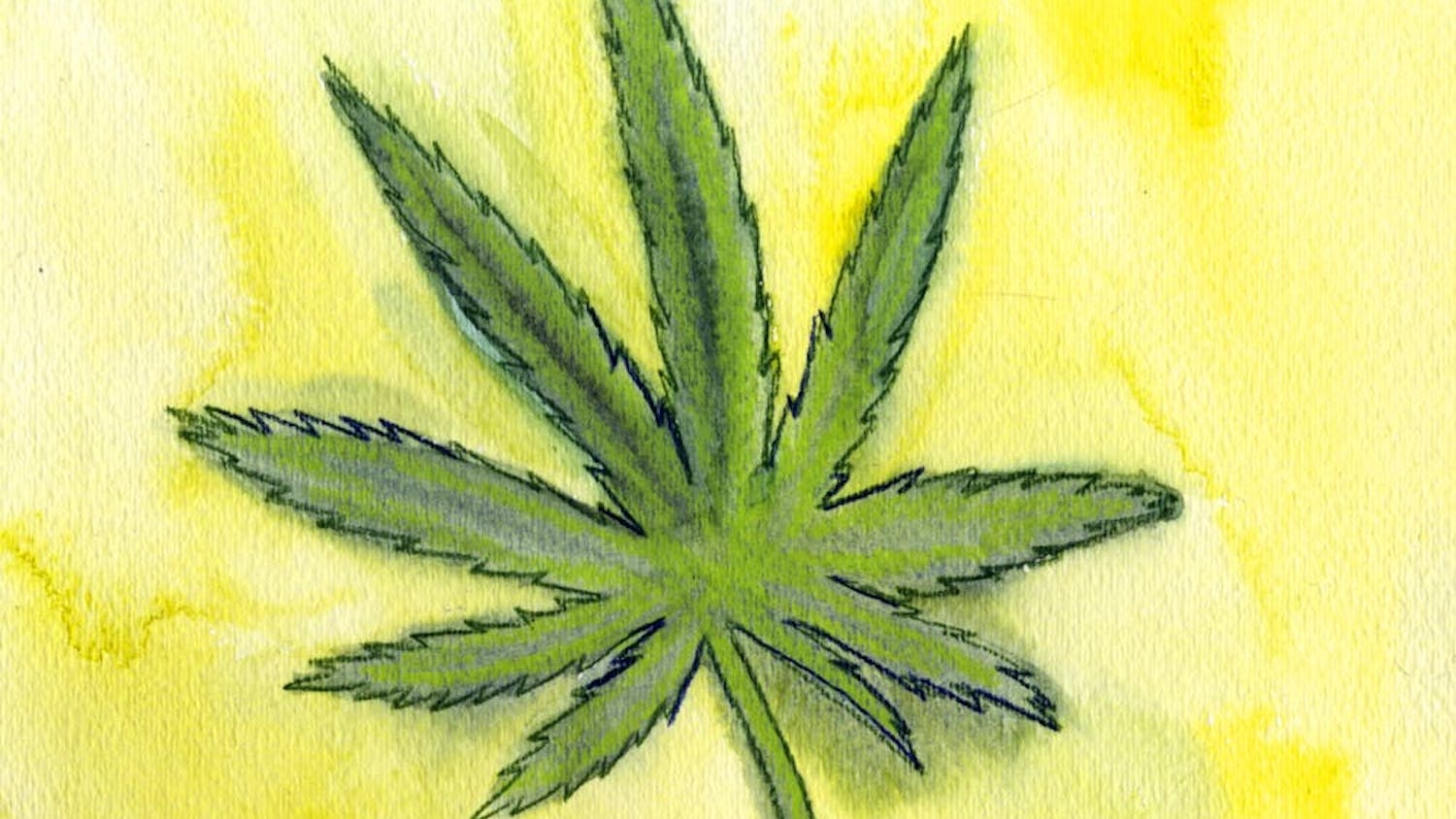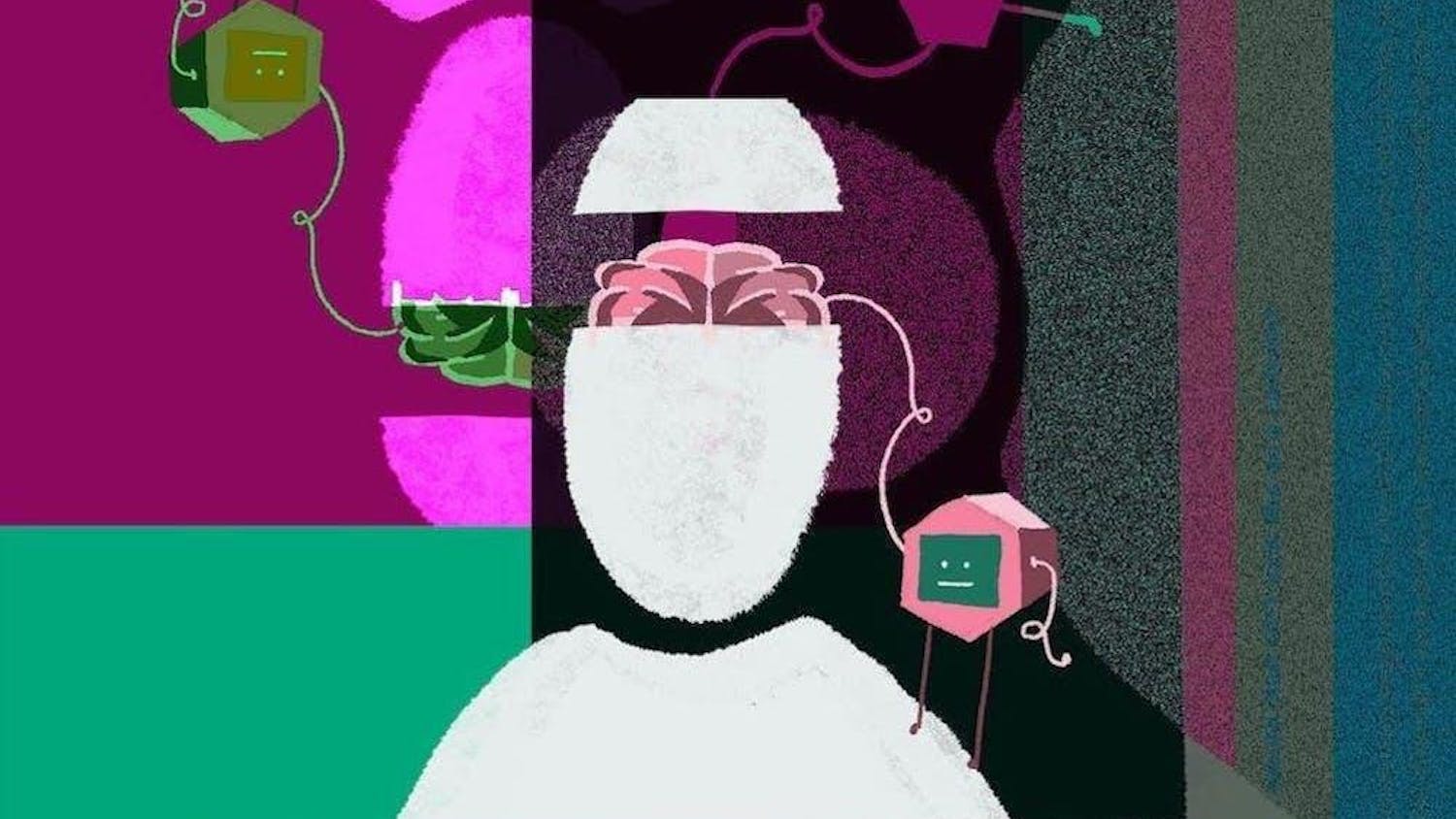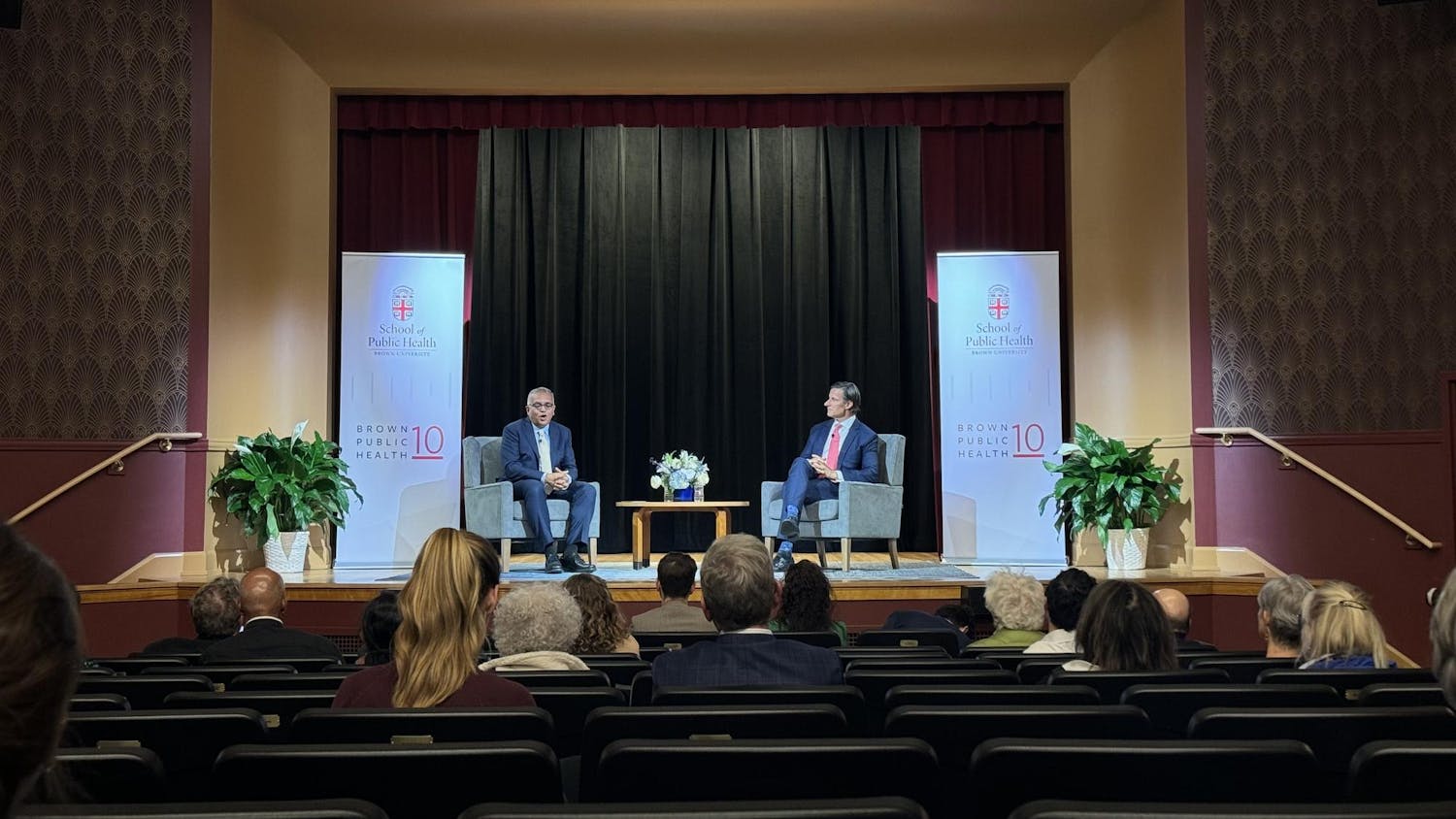Researchers from the University’s Laboratory for Cognitive and Perceptual Learning found that improved performance in reward-driven visual perceptual learning occurred only when combined with sleep.
Visual perceptual learning, the ability to process and understand visual information, is a “crucial type of learning, one that until recently has been … poorly understood,” Phil Kellman, distinguished professor and chair of the cognitive area in the University of California at Los Angeles Department of Psychology, wrote in an email to The Herald. Kellman was not involved in the study.
The roles of sleep and reward, independent of each other, have already been established in previous research, according to Professor of Cognitive, Linguistic and Psychological Sciences Yuka Sasaki, corresponding author of the study. But “none of the reward studies have controlled the sleep component. They ignored it,” she said. “We didn’t know that sleep was necessary for the reward to have (an) effect in visual learning.”
All of the participants in the study were subjected to the same visual perceptual tasks, such as focusing their eyes on the center of a screen and then trying to detect the change in orientation of surrounding objects.
The two-part study consisted of two groups, both of which were instructed not to eat or drink anything before they arrived to perform their tasks. Whenever they completed a task correctly, they would be rewarded with water. The team chose water as their reward instead of money because “it’s a first order physiological desire for creatures. It’s more fundamental than money,” Sasaki said. Money and food also would have been more difficult to control in the experiment, whereas the researchers “could use the computer to give water to the subjects.”
Participants left after this approximately one-hour process and were instructed to come back 12 hours later to perform the same kind of tasks, Sasaki said.
Although the tests were identical, the main difference between the two groups was the opportunity to sleep between the testing sessions, she said. While one group went to the tests in the morning and then returned 12 hours later without sleeping, the other group went to the first session at night and slept before the next session. The team found that the group that slept in between the sessions showed a significantly larger improvement in performance.
“The research is exciting in its use of combined behavioral and brain measures to provide evidence about the interaction of sleep and reward in perceptual learning. Perhaps the most compelling results involved the strong correlations between performance gains (outside of the learning sessions) with measures of brain region activations during sleep,” Kellman wrote.
While the study participants performed the tasks, the team conducted behavioral testing using psychophysics, which is the quantitative observation of the relationship between physical stimuli and mental phenomena, or the brain’s response. The researchers recorded subjects’ responses after introducing them to a visual stimulus and did so again after altering the stimulus, Sasaki said.
For those who slept between the sessions, the researchers also conducted sleep experiments using polysomnography, a combination of tests to detect muscle, eye and brain activity. Through this process, they connected the effects of sleep with an increase in visual perceptual learning performance.
The findings suggest that sleep sacrificed in favor of late-night cramming may not actually help students in the long term. “Sleep is very important. I want to stress this a lot for Brown students,” Sasaki said. “Sleep allows you to open space in your brain to learn. You may be okay for the next day, but the next, next day, maybe not. You’ll be pushing your brain way too much.”
While the selection process for the participants was nearly completely random and they mostly consisted of college students, two specific groups were left out intentionally. “We didn’t include subjects who have participated in our studies before,” Sasaki said. “We also didn’t include people who play a lot of action video games because video games require a lot of visual perception and processing. … Thus, the visual processing of those people might be different from the others’.”
“It was novel that participants didn’t have any experience in this kind of activity,” said Masako Tamaki, assistant professor of cognitive, linguistic and psychological sciences and lead author of the study.
Still, there is much to be explored in this field.
Sasaki suggested applying the “interference paradigm” to their experiments in the future. “If you do very similar but slightly different tasks very close in time to each other, they cancel each other (out). If they were separated, we could learn them both,” Sasaki said.
As Sasaki noted, the “brain becomes plastic during sleep,” meaning it can undergo change. But if there is exposure to too much information, some prior information may not be retained. The main focus of research of this kind is to figure out how to “keep old learning, new learning and future learning,” she said.
Understanding the role of the different stages of sleep in perceptual learning could also be a future step, Tamaki added.





